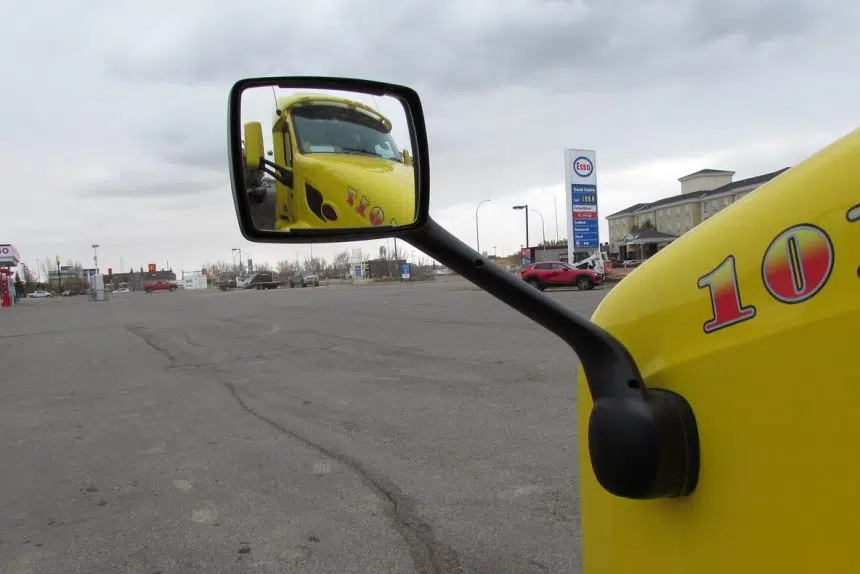Saskatchewan truckers and energy workers who regularly cross the North Dakota border are getting the chance to roll up their sleeves for COVID-19 vaccinations.
On Tuesday, the Saskatchewan and North Dakota governments announced the province and state had signed a memorandum of understanding to vaccinate essential workers crossing the border.
About 2,000 Saskatchewan residents will be eligible to participate in the program.
“Trade with the United States is essential for the Saskatchewan economy,” Premier Scott Moe said in a media release. “These essential workers are crossing the border to ensure our residents and those in the United States have access to the goods and services they need to get through this pandemic.
“This extraordinary level of co-operation helps protect more Canadians at a time when vaccine availability in America exceeds that of Canada, and we thank Governor (Doug) Burgum for working with our province to make this happen.”
“Protecting the health and safety of essential workers crossing our shared border with Saskatchewan, including truck drivers and energy workers, is vitally important for public health, our economy and the eventual safe reopening of the border,” Burgum added.
“We are grateful to Premier Moe for his partnership on this initiative, which will ensure the safe delivery of goods and services across the border and strengthen the longstanding friendly relationship between North Dakota and our northern neighbours.”
A rest area near Drayton, N.D., is being used as a vaccination site for truck drivers from Manitoba, and Saskatchewan truckers will be eligible for vaccination at that site starting Wednesday. The clinic operates from noon to 8 p.m., on Wednesdays, Thursdays and Fridays.
Another site is to open near the Saskatchewan border crossing at North Portal for truckers and essential energy workers who cross the border. The location of that site is still being determined.
The North Dakota Department of Health will provide the staff and infrastructure to administer the vaccinations. The United States government is providing the vaccine and reimburses states for the cost of giving the doses.











